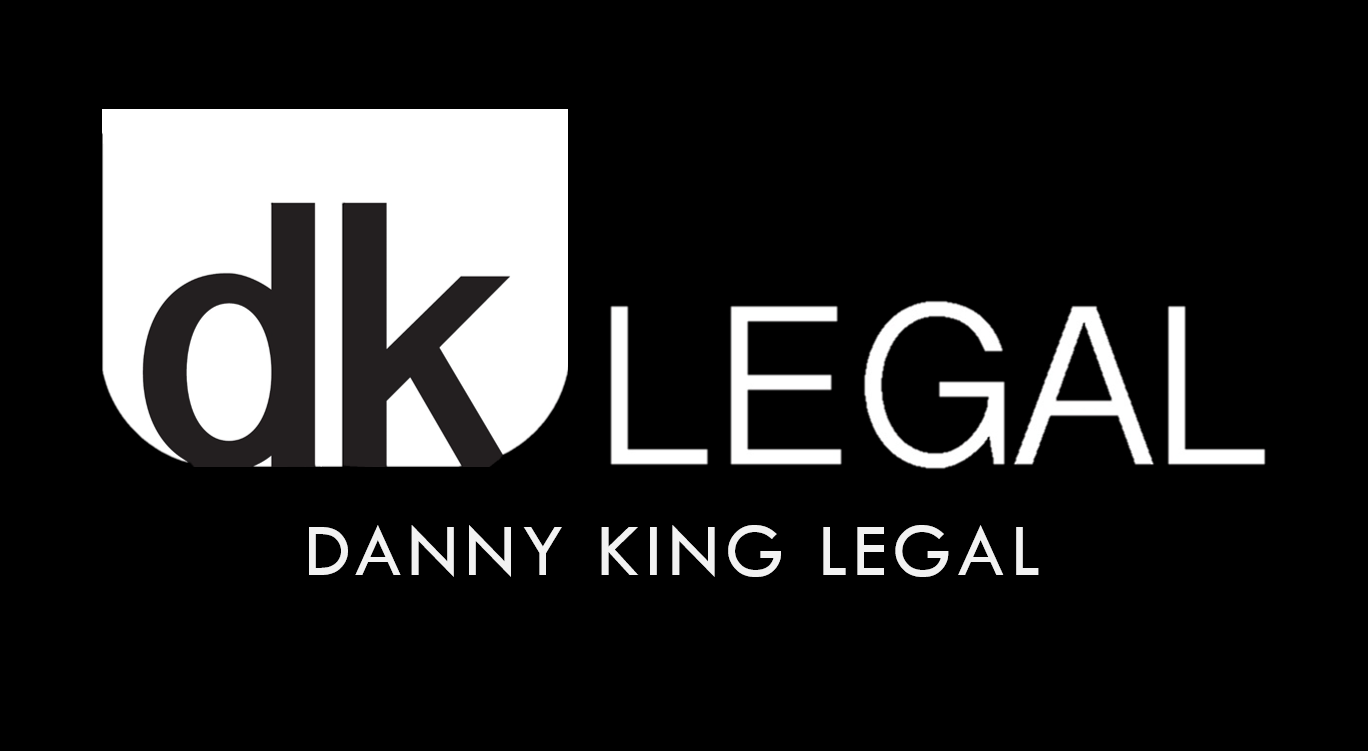Changing legislation and your contracts: Critical facts you need to know
The following should not be considered legal advice and is for general use only.
On 6 December 2023, the government announced changes to fixed-term contracts affecting all employers. Since then, two further legislative changes to the Fair Work Act have come into play that will impact your current and future employment contracts: Fair Work Legislation Amendment (Closing Loopholes) Act 2023 commencing variably from 14 December 2023, and Fair Work Legislation Amendment (Protecting Worker Entitlements) Act 2023 commencing variably from 30 June 2023.
Workplace relations changes: The Closing Loopholes legislation brings wide-ranging reforms to a number of areas, from rules for labour hire workers and discrimination protections, to small business redundancy exemptions and workplace delegates’ rights, as well as Right of Entry and compulsory conciliation conferences in protected action ballot matters.
Superannuation changes: While employers are already obligated to pay superannuation contributions for eligible employees under superannuation guarantee laws, from 1 January 2024, superannuation is an entitlement under National Employment Standards. There’s no change to the fact that the ATO is still responsible for ensuring employers meet their obligations, but this means employees will also now have an enforceable right to superannuation by making a claim in the Fair Work Commission as well. Of course, if you’re already meeting your obligations, you don’t have to change anything. But if not, unpaid or underpaid super can now also be enforced under the Fair Work Act.
It’s important for you to understand what these new amendments mean for your business, and what you can do to make sure you comply with the changes in current or future contracts.
Below we’ve put together a list of FAQ’s to walk you through the answers to the key questions we receive about what to include in, or how and when to make changes to, your employment contracts.
Questions employers ask us about their contract arrangements
- I want to change some of the employment terms and benefits for my employee, do I have to issue a new contract?
You should never unilaterally change your employee’s employment contract without first speaking with them and getting their agreement. We recommend always issuing a new employment contract whenever terms, conditions and benefits change.
- Does an employment contract need to be signed and do both parties have to keep copies?
Both parties to an employment contract should have signed a copy. An employment relationship can still be determined if there are indications that an employee has accepted the employment offer, or if there is evidence of the parties acceding the terms of a contract through conduct. Both parties, but especially the employer, should always retain a copy of their employment contract. In the event of a dispute, it would be far more difficult to enforce a contractual term where the employment contract is lost, or not clearly agreed to.
- How often should I review my employees’ employment contracts?
It is always good to review employment contracts frequently, and at least every year or so. There may not be any legislative changes that need to be factored in however, there could be internal issues that arise that you may want to ensure are adequately covered in employment contracts. As an example, you might have an employee issue arise where an employee failed to return company property and you realise that your employment contract did not specifically state that all employees upon resignation or termination must return all company property. When these instances arise, reviewing and updating employment contracts is highly encouraged.
DKL can review employment contracts and provide you feedback on whether it needs updating.
- What is a Modern Award or Enterprise Agreement?
Under Australian workplace law, the National Employment Standards (NES) are the minimum entitlements that must be provided to all employees. NES are part of the Fair Work Act and specify, amongst other things, the minimum entitlements all employees must receive such as leave, notice periods and redundancy pay.
A Modern Award is a document that sets out the minimum terms and conditions of employment on top of the NES. Modern awards are industry or occupation based. Some industries or occupations are award free.
Modern Awards typically set out more expansive entitlements than the NES including pay, hours of work, rosters, various allowances (such as meal or vehicle allowances), breaks, penalty rates and overtime. It is not always clear-cut whether an employee is Award covered, or which Award and respective classification they fall under.
With our extensive employment law experience, DKL offers clients Modern Award analysis on request.
Enterprise Agreements (EAs) are agreements specific to the employer and the employees, and are made at the enterprise level. They are negotiated between employers and employees and their bargaining representatives such as unions. The Fair Work Commission approves EAs which usually have a maximum term of four years.
- What is an IFA?
Individual Flexibility Agreements (IFAs) provide greater flexibility for both the employer and employee to vary the terms and conditions of their existing Award or Enterprise Agreement. These terms and conditions can include arrangements such as altering working hours, overtime rates, penalty rates, allowances, and leave loading.
For instance, if an Award applies that states employees must work between 9am-5pm, but you want flexibility with this or your employee has asked for a change in their hours, you can enter into an IFA with the employee to alter those hours so that the employee can work, for example, between 7am and 3pm instead.
- How long will I have to wait for a new or updated employment contract?
Unique to DKL, we offer a tailored Employment Contract package where we meet with you first and get to know your business better. We will then prepare tailored draft contracts and meet with you again to discuss them. We also provide training on finalised contracts meaning that you, as the employer, are equipped with all the information you need to deal with employee questions.
This is just one aspect of our service that sets us apart.
If you’d like more information on the recent amendments or, more importantly, would like to talk to us about what changes you may need to make to your existing employment contracts as a result, please contact us.
The above should not be considered legal advice and is for general use only.

